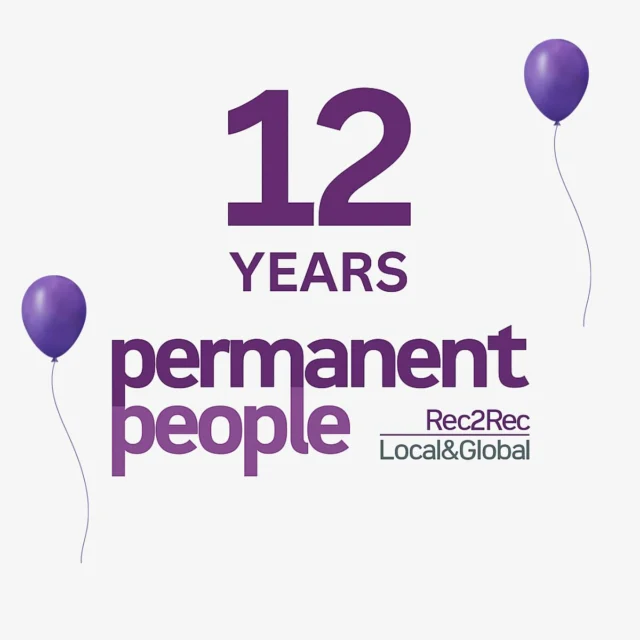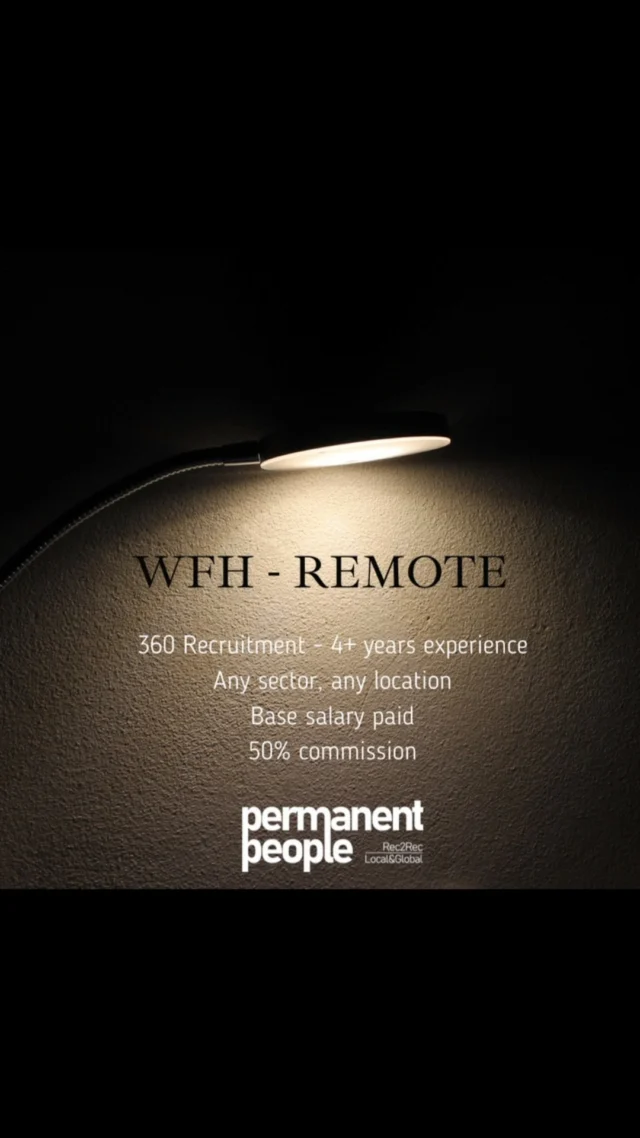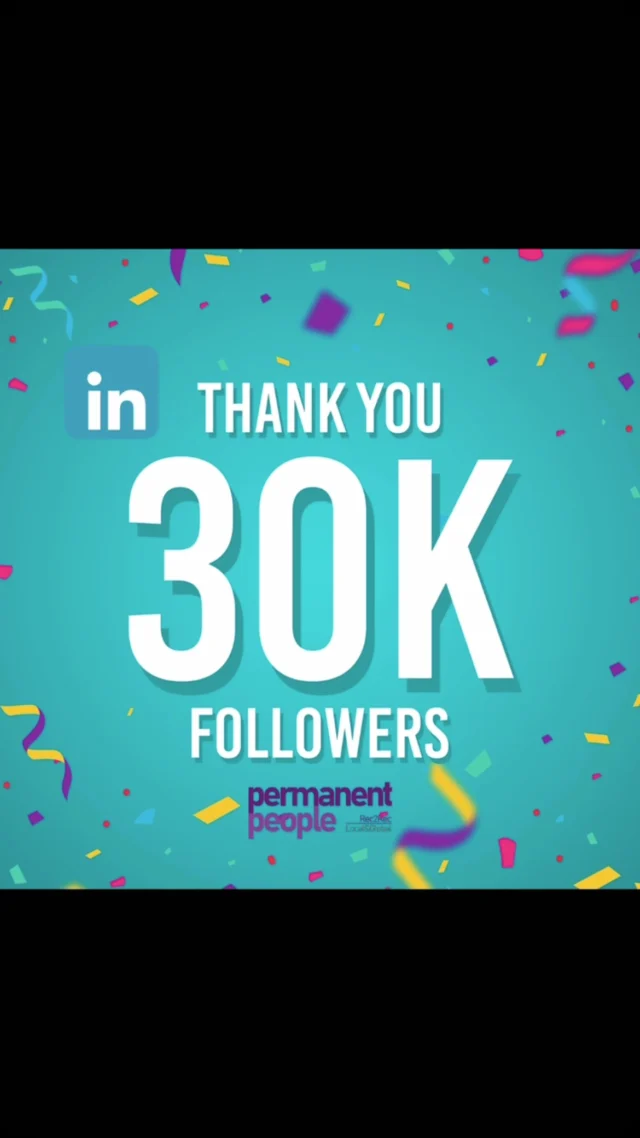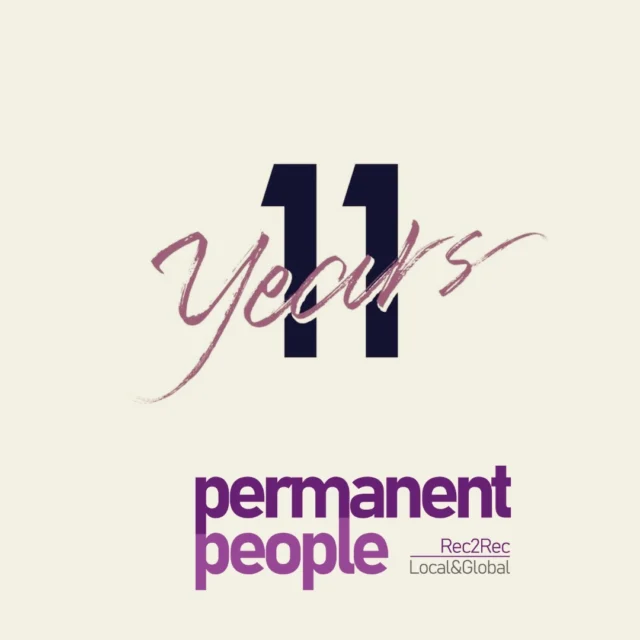Overview of Recruitment Trends in Amsterdam and the Dutch Market
Permanent People are ideally located in Amsterdam to give a current overview of the Dutch recruitment market in 2025, being the major Rec2Rec on the ground there!
As of mid-2025, the recruitment landscape in Amsterdam and the wider Dutch market is undergoing significant transformation, shaped by a combination of technological advances, shifting talent expectations, regulatory developments, and evolving economic conditions. This overview outlines the key current trends and highlights what recruitment professionals should anticipate moving forward.
Current Trends (2025)
Talent Scarcity & Skills Mismatch
Despite a cooling economy earlier in the decade, talent shortages persist, particularly in:
- Tech & AI development
- Green energy and sustainability
- Healthcare and life sciences
- Skilled trades and logistics
Dutch employers face challenges not from a lack of applicants, but from a lack of qualified candidates with the necessary up-to-date skills. This has led to a growing emphasis on reskilling and upskilling initiatives, often in partnership with local training providers and universities.
Rise of AI-Enhanced Recruitment
AI tools have become deeply embedded in the hiring process, from:
- Automated candidate sourcing and CV screening
- Predictive analytics for talent retention
- Chatbots and AI-driven assessments during early screening
However, Dutch regulators and trade unions are closely watching for potential bias and lack of transparency. Recruiters are being urged to balance automation with human oversight to comply with ethical standards and EU AI regulations.
Flexibility & Remote Work Still Key
Hybrid work remains a default expectation, especially in Amsterdam’s tech, creative, and consulting sectors. Candidates often demand:
- Flexible hours
- Remote-first contracts
- Four-day work weeks (gaining traction in pilot programs)
Companies that resist these expectations are struggling with attraction and retention, especially among younger talent and international professionals.
DEI (Diversity, Equity, Inclusion) Becoming More Strategic
Diversity hiring is no longer a “nice to have” but a business imperative. Amsterdam, as an international hub, sees strong demand for:
- Multilingual, multicultural hiring
- Bias-aware sourcing strategies
- Inclusive onboarding experiences
Dutch corporates are being measured on ESG and DEI performance by investors, further institutionalising these priorities.
Increased Role of Employer Branding & Candidate Experience
Candidates in 2025 expect high-touch, personalised recruitment journeys. Even passive candidates are influenced by:
- Company values (especially on sustainability and social impact)
- Transparent pay practices
- Online reputation (Glassdoor, LinkedIn, etc.)
Recruiters are increasingly acting as marketers, building engaging narratives around company culture and growth opportunities.
What to Watch: Future Developments
EU & Dutch Regulation on AI and Hiring Practices
The EU AI Act and local legislation around data privacy and algorithmic transparency will tighten in 2026. Recruiters must prepare for:
- Clear documentation of how AI is used in hiring
- Risk assessments of automated tools
- Human-in-the-loop requirements for final decisions
Migration Policy Shifts
While the Netherlands remains attractive to global talent, increasing political scrutiny on migration and labour market access may:
- Tighten rules for non-EU hiring
- Prioritize in-demand skill sectors
- Encourage more intra-EU recruitment
- Recruitment agencies will need to stay agile in navigating visa pathways and compliance.
Internal Mobility and “Talent Recycling”
Employers are investing in internal marketplaces to retain and redeploy talent. Expect further investment in:
- AI-powered internal job matching
- Learning and development tied to succession planning
- Recruitment teams working closely with HR and L&D
Green Jobs & ESG-Aligned Recruitment
With the Netherlands committed to ambitious climate targets, demand for “green collar” professionals will surge. This includes:
- Renewable energy engineers
- Circular economy strategists
- Sustainability compliance experts
- Agencies that specialize in ESG-aligned recruitment will be well-positioned for growth.
Implications for the Recruitment Industry
To stay competitive, recruiters in Amsterdam and the Netherlands must:
- Embrace tech-enabled processes, but keep human empathy at the centre.
- Focus on skills-first hiring rather than traditional credentials.
- Become consultative partners, advising clients on market dynamics, branding, and regulatory compliance.
- Double down on candidate nurturing, especially in a market where high-quality talent has abundant options.
Conclusion
2025 is a pivotal moment for the Dutch recruitment market. Agencies and talent teams that adopt a forward-thinking, data-informed, and human-centric approach will thrive. The future belongs to those who can balance innovation with inclusion, speed with substance, and automation with authenticity.
To discuss a move in recruitment in the local market, contact Louise Reid in Amsterdam today or connect with her on LinkedIn.










